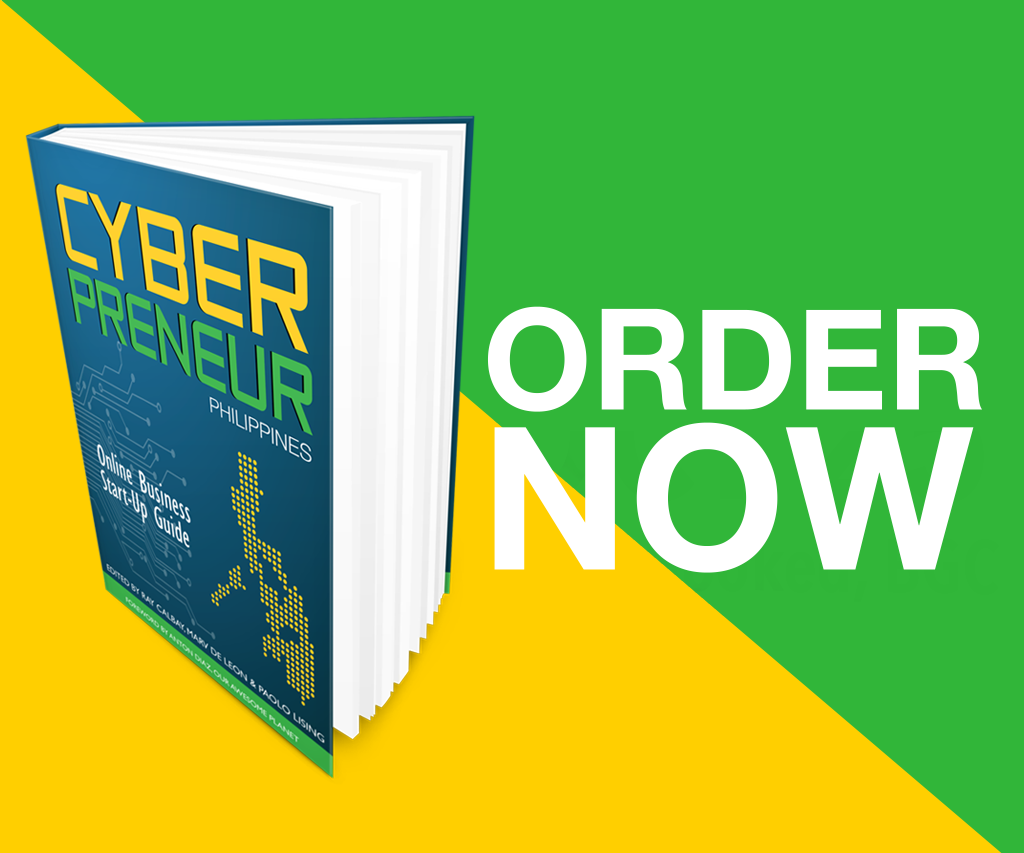Productivity is the biggest elephant in the room when it comes to work, online or otherwise. Not everyone understands how effectiveness is far more important than efficiency. A hard worker who spends 8-hour days sending 1,000 emails with zero results is efficient in his e-mailing, but another worker that sends just 100 emails and gets results is effective.
Productivity tips are a dime a dozen but listed are just four to systematize, prioritize, focus and eliminate distractions in order for you to perform in an optimal state to create high value work.
Save the best for last
The most precious asset we have besides our time is our willpower. There have been experiments conducted by researchers to exhibit the fact that we only have a limited amount of willpower each day.
In one experiment, volunteers who were asked to suppress their feelings as they viewed an emotional movie gave up sooner on a test of physical stamina than did volunteers who watched the film and reacted normally.
Having your least enjoyable task to be done early in the day utilizes your fully charged willpower. As you progress slowly to your most enjoyable task, your willpower depletes. The most favorable task requires the least amount of willpower.
If you were to do your most enjoyable task first and least enjoyable later, you would probably have to slug it out hard and only manage to complete 70% of your to-do by bed time.
Know what’s important and what’s urgent
This concept was discussed by Stephen Covey in his book, The 7 Habits of Highly Effective People. Picture a two by two chart. Going clockwise from upper left, what you see is:
- [1] Urgent and important
- [2] Not urgent and important
- [3] Not urgent and not important
- [4] Urgent and not important
The common mistake as to this chart is the second quadrant. It’s deceptively simple to believe why “Urgent and not important” tasks take priority over “Not urgent and important” tasks. It’s time-based and requires your attention immediately. That e-mail notification on your laptop and that phone call to get back to. But don’t be fooled. “Not important” tasks are just that – not important. Important work should always be prioritized regardless if it is urgent or not.
“Not urgent and important” tasks are considered to be high-lifetime value tasks. These include working out, spending time with family, going on dates with your partner, reading, and self-development. You may not be able to see the results upfront, but it will compound and amount to substantial results in the end.
Generally, prioritization should be placed from 1 to 4. But every now and then, do 2 first then 1.
Develop focus and maintain it
In the book, The Effective Executive by Peter Drucker, the management guru suggested blocking out particular sets of time to do your work uninterrupted with no distractions – 90 to 120 minutes seems to be the sweet spot.
Our brains need time to “get in the zone.” Allowing yourself to focus for longer periods of time stimulates your creativity and gets you into a state of flow. It is also equally important to schedule breaks. Doing so, allows your brain to recharge before moving onto the next task.
If you need a short power nap, take just 20 minutes. It is short enough to not take too much time from your daily activities and not too long to make you fall into deep sleep, resulting in grogginess when you do wake up.
Eliminate distractions
Multitasking is a myth. It doesn’t exist. Research has shown that not only does multitasking disrupt our focus, it also slows us down. Our brain cannot handle two tasks at once. Instead, it handles one and quickly shifts to the other task and back.
When driving a car, your brain is processing your turning and navigation in split seconds, switching between tasks. Distractions when working kills productivity. The three most common forms of distractions are e-mail, instant messaging and notifications.
Tim Ferriss in his book, The Four Hour Work Week, suggested to break the act of checking e-mails into two distinct times. It can be 11 am before heading for lunch, and 4 pm before leaving the office. Choose the time that is most appropriate to you. The same goes with instant messaging and notifications. Engage and check at distinct times to ensure that it doesn’t disrupt your train of thought when doing high-value work.
Productivity is the fuel to drive growth for our cyber businesses. Our businesses are only as good as ourselves. Use these tips to enhance your productivity to get more work done.
Want more expert tips? Get a copy of Cyberpreneur Philippines from leading bookstores, or order from us!

